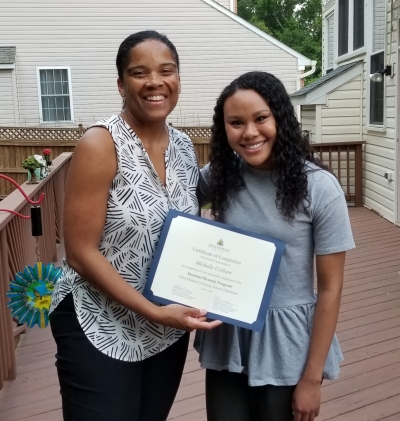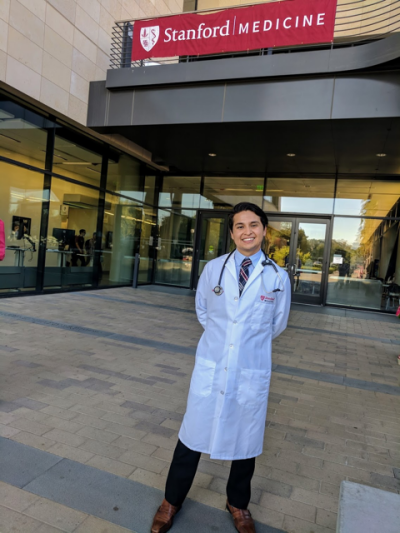Low-income students who enter medical or doctoral degree programs may encounter academic and personal challenges that more advantaged students do not face. These challenges can lead to attrition. To prepare low-income students for future success and leadership as physicians or biomedical research professionals, in 2015 we initiated a new post-baccalaureate Doctoral Diversity Program (DDP) for recent college graduates from disadvantaged backgrounds. This program, directed by Dr. Deidra Crews (Associate Professor of Medicine/physician-scientist), admits 5-8 scholars per year interested in pursuing MD, MD/PhD, PhD, and other health and biomedical research careers.
Structure: DDP Scholars experience four core activities: Research, Health Care Community, Professional Training, and Personal Growth.
Research: Each DDP Scholar conducts research in their chosen faculty mentor’s basic, clinical, or translational research laboratory, with day-to-day guidance by an experienced PhD student or postdoc. Scholars participate fully in the scientific and intellectual life of the lab, including weekly lab meetings and departmental seminars. Scholars present a research poster at our summer SARE/DDP symposium. Over 30 experienced Hopkins faculty are available as mentors for CSM SIP and DDP scholars. By the second year of the program, most DDP scholars also present their work at national or international scientific meetings (e.g. poster presentations), and many publish their research in scientific journals (see Publications).

